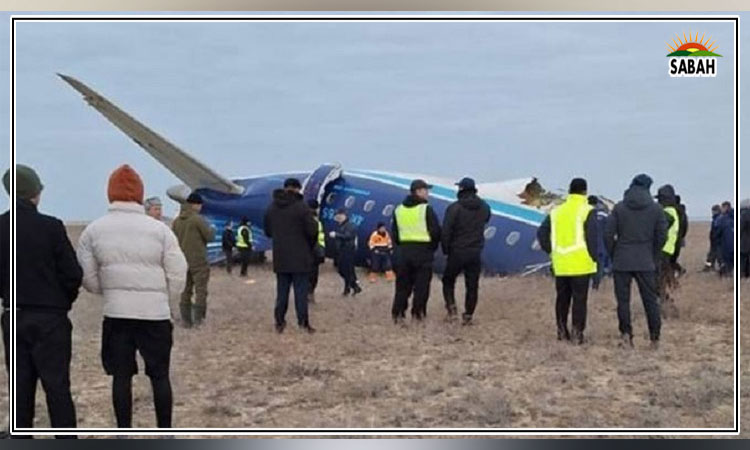And now a brain-eating bug…Dr Rana Jawad Asghar
Many years ago, when I was not even in a medical college, a young son of a very respected and known family in Lahore went into a coma without any apparent reason after complaining of a severe headache. No probable risk factor was ever identified. These were summer days, and he was going swimming regularly. On the day when this all started, he had just come back from the pool. All the best medical care was gathered for him, but he died within a few days. As I have known the boy, who was just a few years younger than me, it always bothered me what happened in the swimming pool, which doctors could not identify later.
Primary amebic meningoencephalitis (PAM), which is a very rare brain disease caused by a single cell free living amoeba, Naegleria fowleri. Commonly called a brain eating amoeba, it lives in warm freshwater like lakes, rivers and hot springs. It likes heat, which is why it is commonly reported in the summer months. Bore water was considered safe, but now a study in the US has identified Naegleria fowleri in more than 10% of wells that were 100300 metres deep. The disease is so rare that in 10 years, from 2013 to 2022, only 29 infections were reported in the US, where they have a very good surveillance system for this disease. The amoeba enters the body only through the nose, and if you put contaminated water in your nose for any reason, you are at risk. Putting your head under water allows water to enter your nostrils, which could infect your brain. Chlorination kills Naegleria fowleri, and that is an easy control measure for our cities.
However, in 2014, Karachi reported eight deaths, even though only two major hospitals were testing for it. The Field Epidemiology and Laboratory Training Programme (FELTP) deputed its fellows and Department of Health Sindh medical officers, Dr Sohail Memon and Dr Furqan Nabil, to investigate, why a rare disease is being reported. Once they systematically looked at all reported cases from 2012 to 2014, they identified a total of 23 cases. This was the largest outbreak investigation of PAM in the world. They were able to interview patient families, identify locations with GPS coordinates (where possible), and, for the first time, have scientific data on our cases of PAM. Our investigation identified that most cases were male (87%) and younger in age. The cases were reported from May to October in Karachi. No one survived the disease, which had a 100% mortality rate. They also mapped the water supply lines of Karachi with patient locations and identified that certain areas supplied by one pumping station had more cases of PAM as compared to areas supplied by other pumping stations. Once they investigated further, they came to know that the pumping station with the most PAM cases had no record of any chlorination from 20122014 as their system of chlorination was broken. This was taken notice of by senior officials, and with intense media scrutiny, the chlorination was stated again, and in 2015 there were fewer cases of PAM in the area, which had the most cases in 20122014. This is a rare success story for the Sindh Department of Health, where a problem was investigated scientifically, and not administratively. It saved lives, at least in the short term.
Many have questioned me about why, over the years, only Karachi has reported Naegleria fowleri cases. The answer was simple: only two hospitals in Karachi were testing for it and no one else. Now Lahore has reported a case for the first time too. I believe our PAM reported cases are a small fraction of the actual cases in the country. With our complete failure to provide basic civic amenities to our public, like safe drinking water, I will recommend that the public ensure their own safety themselves. Do not put any water in your nose if it is not boiled or chlorinated. There are chlorine tables available on the market that are not very expensive, so use them in your own water tanks following their recommendations. When governments are not ensuring our safety, we need to ensure our families safety ourselves.
Courtesy The Epxress Tribune












